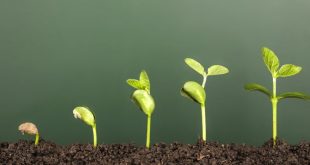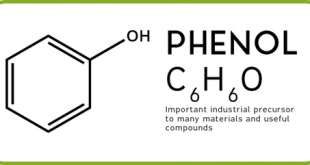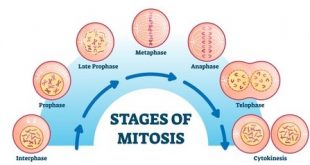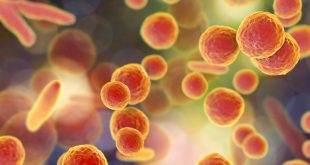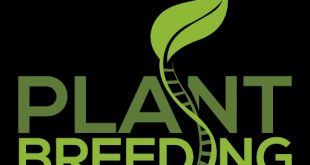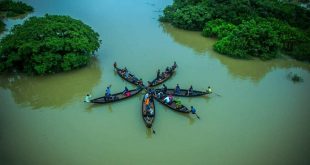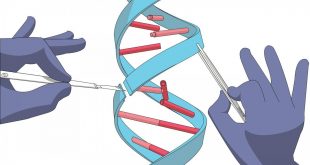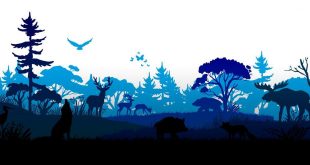Growth: A process in which there is a change in the form and increase in size and weight by means of cell division, cell enlargement and cell differentiation. Development: A process in which growth, differentiation of organ, maturation and senescence take place in a regular sequence in the life history …
Read More »Blog Layout
Phenols : Characteristics, Classification and Uses
What is Phenol? A large number of phenolic compounds which occur in plants as secondary metabolites are commonly known as Phenols. They are also known as Phenolies, Phenic acid, Benzenol and Carbolic acid.These compounds were first identified by German chemist Friedlieb Ferdinand Runge. They all are a chemical compounds consisting …
Read More »Mitosis: Equational Division and Its Stages
Mitosis is one kind of cell division that occurs in the somatic cells of the body. It produces two daughter cells in each division. The daughter cells have the same number of chromosomes as in mother cells. Therefore, the Haploid mother cell (n) will produce two haploid daughter cells (n) …
Read More »Mycoplasma: The Simplest Prokaryotic Cell
Mycoplasma, also known as PPLO- are the simplest prokaryotic cell. Mycoplasma is a group of small parasitic bacteria that lacks cell walls and can survive without oxygen and generally resistant to antibiotics and can cause pneumonia and urinary tract infections in animals and humans. Few common species of mycoplasma …
Read More »Introduction to & Basic Concepts of Plant Breeding
Plant breeding started with sedentary agriculture, particularly the domestication of the first agricultural plants, a practice which is estimated to date back 9,000 to 11,000 years. Initially, early human farmers selected food plants with particular desirable characteristics and used these as a seed source for subsequent generations, resulting in an …
Read More »Ratargul Swamp Forest: The Green Mystery & Discussion Of Plants (Part 2)
Ratargul Swamp Forest is the only swamp forest located in Bangladesh and one of the few freshwater swamp forests in the world. In the previous article, it’s Geography, Ecosystem & Diversity had been discussed. In this one, some of the beauty enhancer and beneficial trees of Ratargul will be discussed in …
Read More »CRISPR Cas9: Plant Breeding is now at the Speed of Light
Introduction Plant breeding has been practised for thousands of years, since the rudiments of human civilization. It is now discussed worldwide by government institutions. Plant breeding is the purposeful manipulation of plant science in order to create desired genotypes and phenotypes for quest. This manipulation involves either controlled pollination, genetic …
Read More »The Age of Bacteria
Planet Earth is about 4.55 billion years old. A sense for this achingly long time grew only slowly throughout the nineteenth century as geological and biological inquiry unravelled the pattern and processes of the planet’s natural environment. The 4.55 billion figure derives from the decay of radioactive forms of elements …
Read More »Biodiversity: Life & Some Basic Concepts
Our awareness of current threats to biodiversity and prospects for future survival arises in part because we know of animals and plants that have become extinct in the past. News media feed an appetite for tales of dinosaurs, mammoths, living fossils and missing links. The biodiversity of Earth is not …
Read More »Biodiversity: A Conceptual History
The word biodiversity was coined in the mid-1980s to capture the essence of research into the variety and richness of life on Earth. It is now widely used all over the globe by every environment related scientific or protesting community. Its rapid establishment in science and popular culture is an …
Read More » Plantlet The Blogging Platform of Department of Botany, University of Dhaka
Plantlet The Blogging Platform of Department of Botany, University of Dhaka
